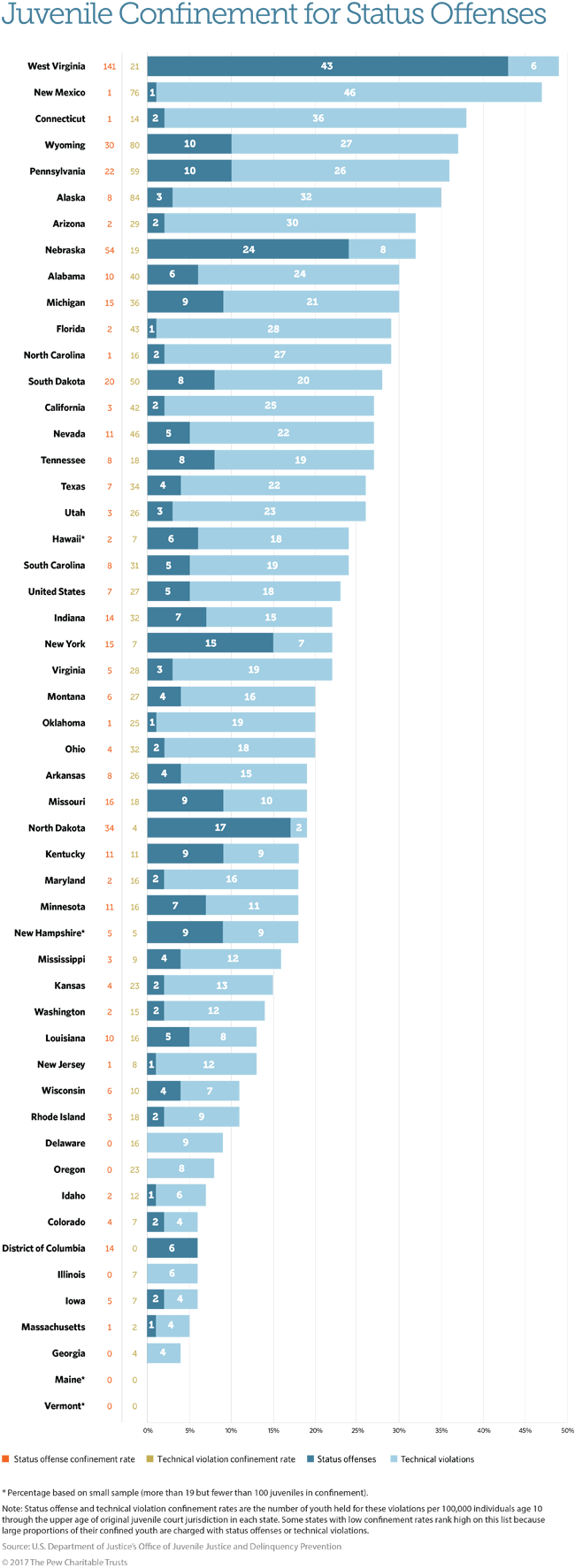The Shark Alliance welcomes the European Community Plan of Action for Sharks
Overview
Ten years ago, in response to growing concern over depletion of the world’s shark populations, governments of the United Nations adopted an International Plan of Action for Sharks* and with it pledged to produce shark conservation plans for their waters and fishing regions.

Lorem ipsum dolor sit amet, consectetur adipisicing elit adip.
© 2009 National Geographic
A year ago, the European Commission released a draft outline of a European Community Plan of Action for Sharks aimed at improving information on shark fisheries, biology & trade, stopping overfishing, and preventing “finning” (slicing off a shark’s fins and discarding the body at sea). The Commission will unveil their final EU Shark Plan on February 5th.
The Shark Alliance was formed in 2006 to promote the development of a sound, science-based EU Shark Plan. Over the last year, the coalition has supported most of the draft Plan’s proposed actions, with a focus on securing clear mandates for protecting endangered species, heeding scientific advice for fishing limits, closing loopholes in the finning ban, and including wildlife treaties as options to enhance shark conservation.
A sound EU Shark Plan is needed to achieve recovery of threatened shark populations, sustainable shark fisheries, and an effective ban on shark finning, and thereby key to securing a brighter future for some of Europe’s most vulnerable and neglected animals.
The Problem
Most sharks are particularly vulnerable to overfishing because they tend to grow slowly, mature late and produce few young. For many reasons, sharks have been a low priority for managers. Fishermen from many EU countries - including Spain, France, Portugal and the UK - target sharks, but EU limits on shark fishing are either non-existent or lenient.
Incidental catches of sharks are also significant. Serious gaps remain in our understanding of shark biology and the recording of shark catches. As a result of these factors, most European shark populations declining; one-third are classified by IUCN as Threatened with extinction. Spain is one of the world’s largest traders of shark fins while the EU ban on finning is the weakest in the world.
The Solution
To turn the tide, avoid the loss of shark populations, and ensure sustainable fisheries, the EU needs a solid Shark Plan that commits the Community to science-based shark fishing limits, endangered species protection, and a stronger finning ban, in addition to improved shark data collection.
The Plan must be followed by amendments to existing regulations (particularly the finning ban), improvement in the annual EU fishing quota setting process (through better adherence to scientific advice and the addition of shark species subject to fishing limits), and complementary international initiatives (such as efforts to restrict international trade in shark parts and establish regional conservation plans for threatened species).
The Process
The European Commission will release and explain the final EU Shark Plan at a press conference on 5 February. EU Member State representatives will then develop “Council Conclusions” on the Plan for the April Fisheries Council meeting. All EU Member States can have a say in the formation of these Conclusions.
The Shark Alliance is calling on all EU Fisheries Ministers to work for Council Conclusions that urge prompt implementation of the Shark Plan in line with scientific advice and the precautionary approach. In the meantime, the Commission should begin work to improve EU shark policies, starting with a proposal to strengthen the finning ban. The public can help by asking policy makers to support the EU Shark Plan.
* In the IPOA & the document, the term “shark” is used to describe all species of cartilaginous fishes: sharks, skates, rays & chimaeras.











